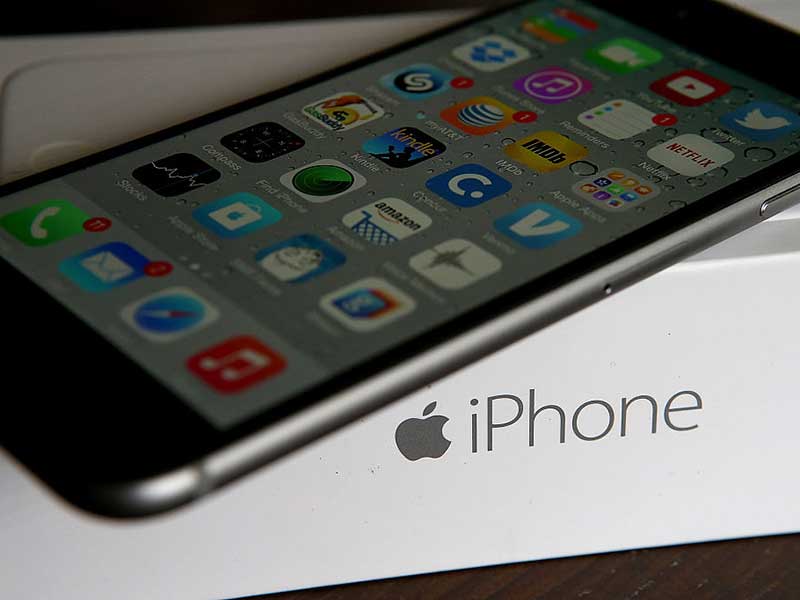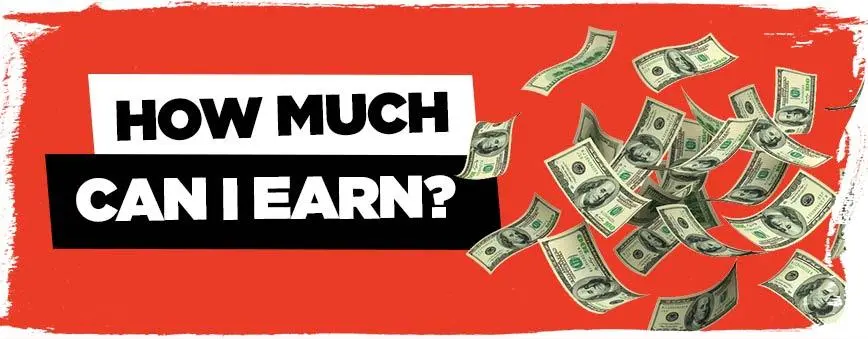
Apple Inc., the multinational technology giant, has faced legal scrutiny over allegations of price-fixing. The company has been found guilty in two separate instances, shedding light on the complex legal landscape that global corporations navigate.
In 2013, Apple was embroiled in a legal battle over e-book price fixing. A district judge in New York ruled that Apple played a central role in a conspiracy with publishers to eliminate retail price competition and raise e-book prices. The case originated in 2012 when the Department of Justice (DOJ) sued Apple and five publishers over an alleged illegal conspiracy involving e-book price fixing. While the publishers chose to settle with the government, Apple contested the charges, leading to a court trial.
Fast forward to 2017, Apple faced another price-fixing allegation, this time in Russia. The Federal Antimonopoly Service (FAS) of Russia declared Apple guilty of price-fixing following a seven-month investigation. The investigation concluded that Apple’s Russian subsidiary had instructed resellers to adhere to a specific price structure for its smartphones. As a result of the ruling, Apple could face a fine of up to 15 percent of its Russian sales.
These cases underscore the challenges multinational corporations face in adhering to different regulatory environments across the globe. They also highlight the importance of fair business practices in maintaining consumer trust and market integrity. As Apple continues to navigate its global operations, these instances serve as a reminder of the legal and ethical responsibilities that come with being a market leader.







